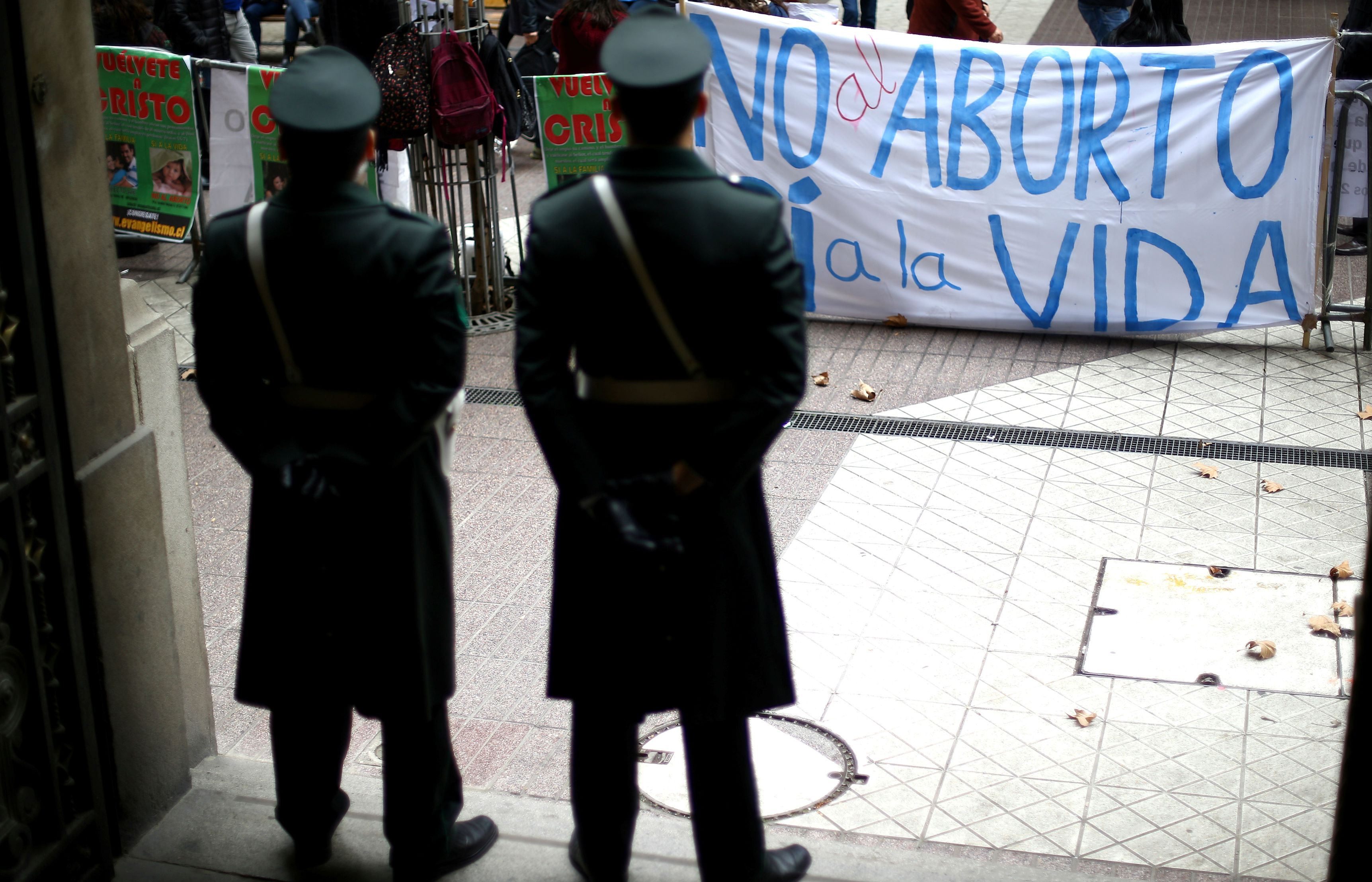Bishops in Chile have described the constitutional court’s decision to approve a bill that will allow abortion in some circumstances as offending “the conscience and the common good of the citizens”.
The legislation, fully supported by centre-left president Michelle Bachelet, will allow abortion when a woman’s life is at risk, in the case of rape and when a foetus is not expected to survive the pregnancy.
In a statement released on Monday (21 August) following the court’s decision, the bishops write that given society puts the right to life at the centre of social coexistence, it is “incomprehensible to reason that such a decision has been made.”
“We are confronted with a new situation in which some unborn human beings are left unprotected by the State in this basic and fundamental right,” continues the statement signed by the President of the Episcopal Conference of Chile, Bishop Santiago Silva, and other members of the conference.
The bishops pledge to increase their effort to help women who see their pregnancies through despite difficult situations, and to help those that don’t.
“From now on,” they write, “our option for life is translated in redoubling our effort to continue accompanying women who live with their pregnancies in extreme situations, those who choose to see it to term, and those who think abortion is a solution.”
“The Church, the people of God at the service of all, particularly the weakest ones, always offers her hands and extends its embrace in the service of all those who need peace, shelter, support and comfort,” they continue.
Although the new bill passed through Chile’s parliament with a comfortable majority and had widespread public support, right-wing legislators filed two requests for review before the tribunal, claiming the law would violate the constitutional guarantee of “protection of the unborn.”
The judges voted by six to four to dismiss both requests and uphold the constitutionality of the new law.
President Michelle Bachelet, whose government championed the bill, said:
“What has prevailed is tolerance and that every woman may make decisions based on her values, religion, principles or real options.”
“Today I am proud to say we have fulfilled a fundamental commitment of our government with the women in our country,” she said at a news conference following the ruling.
“It has been a long battle, fought with the weapons of democracy and dialogue, overcoming barriers and prejudice that in the past impeded hundreds of women from alleviating their suffering.”
Abortion was allowed in some circumstances under Chile’s 1931 health act but was banned in 1989 by General Augusto Pinochet.
According to the Guardian, as many as 70,000 illegal abortions are performed each year in Chile. However, few cases are brought before the courts.
PICTURE: Gendarmes stand guard in front of a banner that reads "No to abortion, yes to life" at the Constitutional Tribunal, where the legality of a bill that would allow for abortions in certain cases is discussed, in Santiago, Chile 18 August



 Loading ...
Loading ...